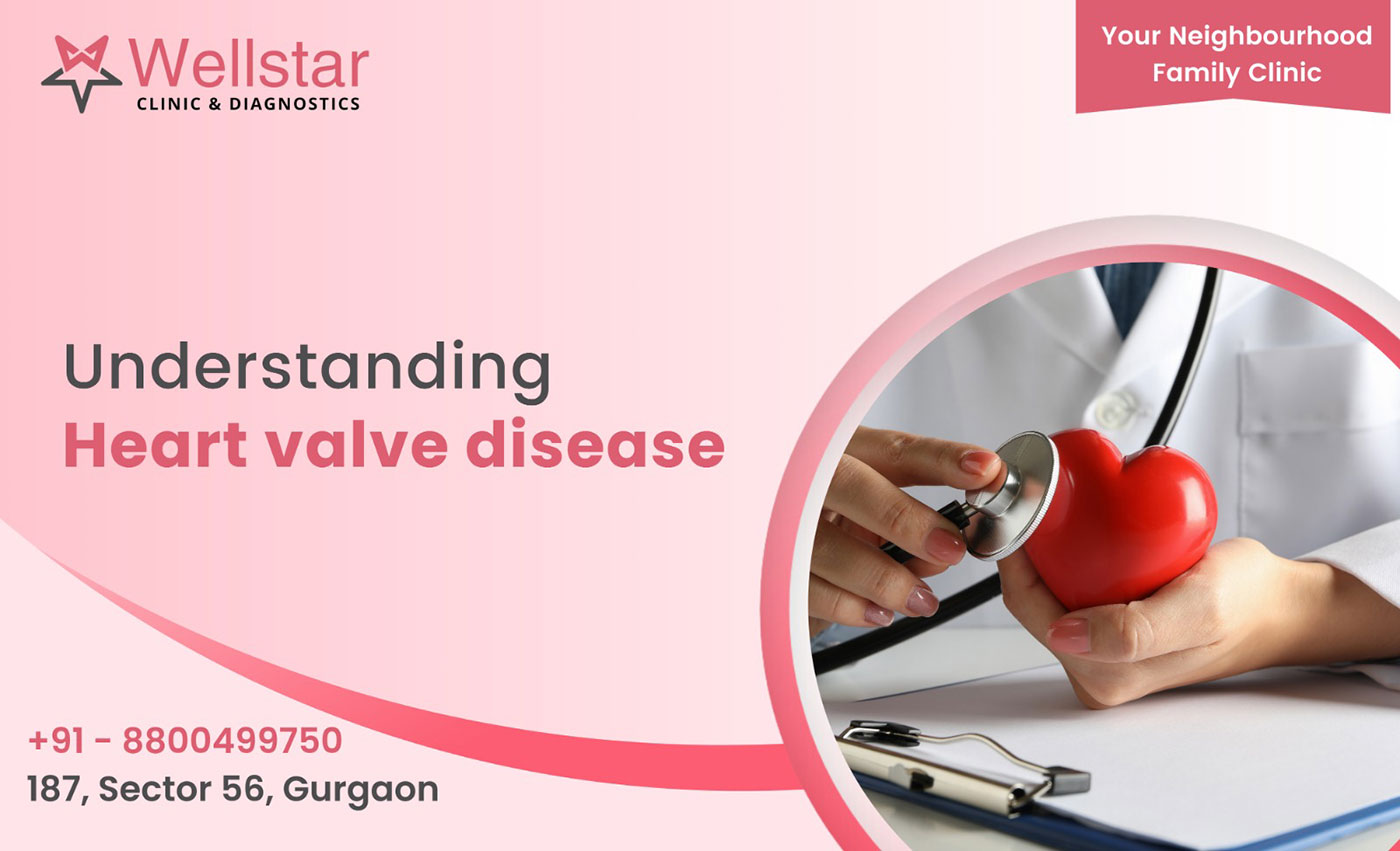
Understanding heart valve disease
Heart valve disease .. A condition that affects the valves within the heart, disrupting blood flow and potentially leading to severe health complications. While it can impact individuals of all ages, it predominantly affects older adults. Understanding the causes, symptoms, and treatment options for heart valve disease is crucial for early detection and effective management.
Causes: Heart valve disease can stem from various factors viz:-
- Congenital defects:- Refers to abnormalities present at birth, affecting the structure and function of the heart valves
- Age-related changes:- Wear & tear on the valves over time, can lead to thickening or stiffening, affecting their ability to open and close properly.
- Infections:- Such as endocarditis, rheumatic fever, and other underlying heart conditions can damage the heart valves, compromising their function and integrity
Symptoms: The symptoms of heart valve disease can vary depending on the severity and type of the condition.
- Shortness of breath, especially during physical activity or when lying down.
- Fatigue, chest pain or discomfort, palpitations or irregular heartbeat, dizziness.
- Swelling in the abdomen, legs, or feet.
Treatment Options:
Treatment for heart valve disease aims to manage symptoms, prevent complications, and improve overall heart function. Medications may be prescribed to alleviate symptoms and reduce the risk of blood clots. In cases of severe valve damage, surgical intervention may be necessary which will involve repairing the damaged valve or replacing it with a mechanical or biological valve. Minimally invasive procedures, such as transcatheter valve replacement (TAVR), offer alternative options for valve replacement, reducing recovery time and complications.
Heart valve disease is a serious condition that requires prompt diagnosis and appropriate management to prevent complications and improve quality of life. By understanding the causes, symptoms, and treatment options for heart valve disease, individuals can take proactive steps to protect their heart health and reduce their risk of developing this condition. If you or someone you know is experiencing symptoms of heart valve disease, it’s crucial to seek medical attention promptly for proper evaluation and treatment. Early detection and intervention can make a significant difference in managing heart valve disease and improving long-term outcomes.
